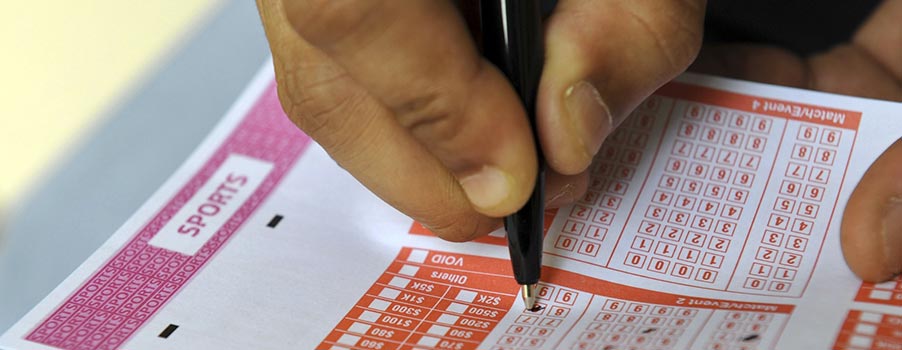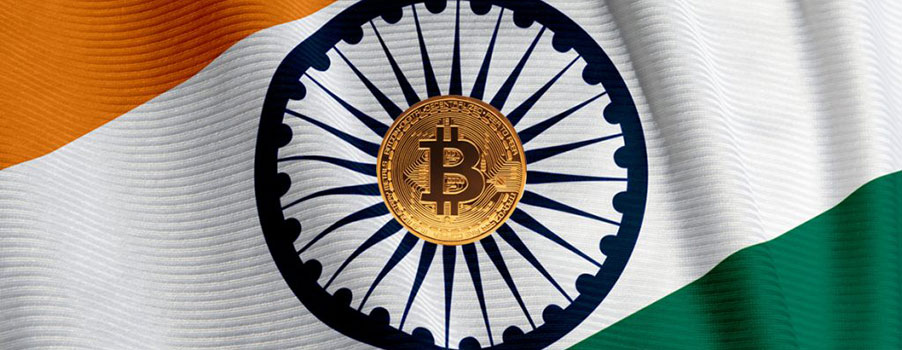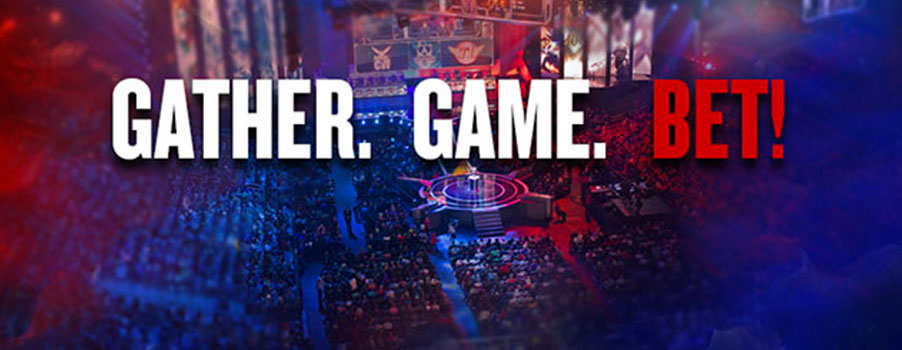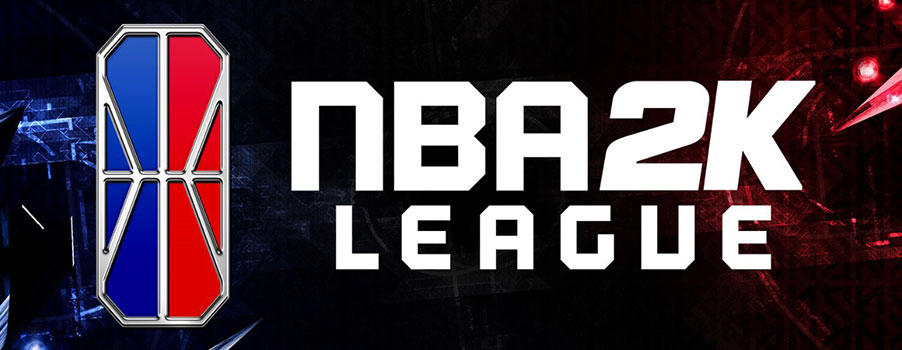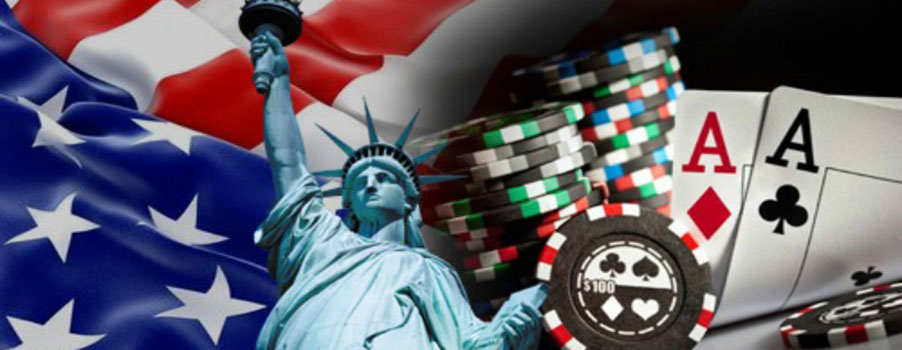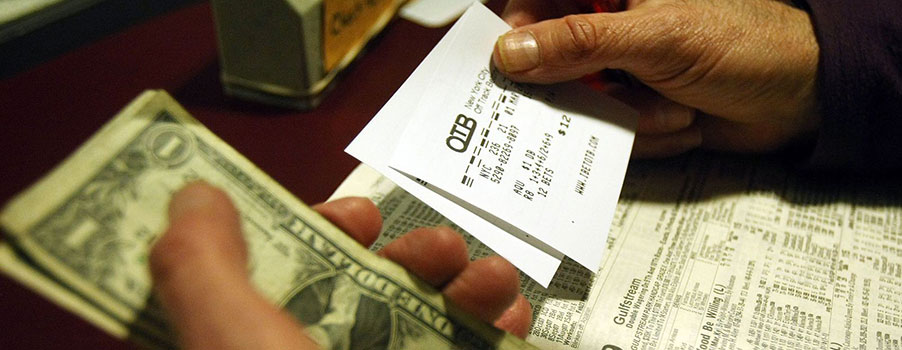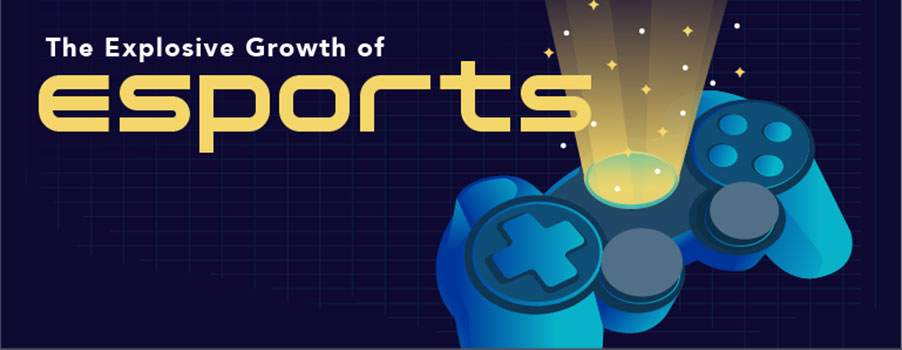Currently, there are sports betting bills being discussed by lawmakers in at least 18 states, a number which is now poised to grow by two. Media outlets in both Arizona and Minnesota have recently reported that lawmakers in both statehouses have been considering legislation pertaining to sports betting even though neither has produced a bill to date.
The only issues, so far, will be the timing, as the 2018 legislative calendar is nearing its end, as well as tribal interests in both states which will certainly make such legislative efforts quite complicated.
What’s Going On in Arizona?
Arizona is known for its thriving (but separate) sport and gambling industries – all four United States professional leagues have Phoenix-based franchises and the state also hosts 20 tribal casinos, a lottery, as well as two horse racing tracks. Pro-sports betting legislators in Arizona intend to use tax revenue from the industry to allocate more funds to the state’s teachers.
Senator Sonny Borelli will be supporting the legislation mainly because of geography and the fact that the state needs the money.
“We’re sending all of our money to other states right now on sports betting,” he said.
The idea of legalized sports betting in Arizona has received a fair share of criticism and opposition with Sen. Dave Farnsworth, one of the legislators who oppose the idea saying that more gambling is the last thing the state needs. He believes that he has the support of a good number of lawmakers which may see his take on the bill passed in case the federal prohibitions are relaxed.
Furthermore, any expansion of gambling in the state must put tribal agreements into consideration – the report overlooks this. There is less than a fortnight until the Arizona lawmaking calendar runs out which makes the possibility for progress significantly slim during this session. Fortunately, Arizona state laws do not allow for daily fantasy sports and the tribes have not allowed legislation to change that to advance and thus their approval may not be needed regardless of what the state decides on sports betting.
What About Minnesota?
Even though it also has both tribal and commercial gaming operations, unlike Arizona, the tribes do not share their gaming revenues with the state of Minnesota. Everything is likely to be smoother for the state since the state is not bound by any contractual restrictions as far offering its own gambling products is concerned. However, its state statues would need to be amended.
Rep. Pat Garofalo who is leading the pro-sports betting campaign in Minnesota cited “huge public demand” in the state and as such, he has been quite vocal about the need to prepare for the much anticipated Supreme Court ruling.
“People are going to have an expectation that they’re going to be able to engage in safe, fair, and regulated sports gambling,” Garofalo said, presuming the Supreme Court will lift the ban on sports betting. “We’re going to have a lot more people gambling on sports by the end of this year. It’s just a matter of whether they’re going to be doing it in a safe, regulated environment in Minnesota or whether they’ll be using offshore sportsbooks.”

